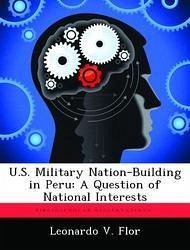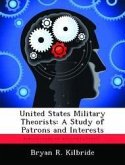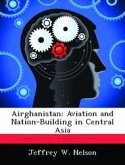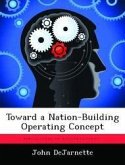This study examines the advisability of U.S. military nation-building exercises (MNBEs) in Peru, specifically active component engineer deployment for training (DFT) and reserve component "Fuertes Caminos" (FC) exercises. It examines advisability by looking at how a U.S. MNBE affects the national interests of both the U.S. and Peru (is it desirable?). It also looks at the risks involved in conducting a U.S. MNBE in Peru (is it feasible?). The study initially establishes U.S. "traditional interests" by tracing the history of the relations between the U.S. and Latin America from the 1800s to the present, and between the U.S. and Peru from 1945 to 1985. The paper goes on to determine "contemporary interests" in U.S.-Peruvian relations by examining the issues that dominate the interaction between the two nations today. The study concludes that the U.S. interests/objectives in Peru are: to foster regional stability by supporting democracy, to curtail cocaine trafficking, and to reduce Soviet influence. The study also determines that these interests are important but not vital to U.S. survival. The paper examines potential benefits and risks. It concludes that U.S. MNBEs are "desirable" because they may promote national interests in such ways as assisting in Peru's economic development, helping the counterinsurgency and counter-narcotics effort, and bettering the life in rural Peru. Risks such as the possibility of insurgent attacks against U.S. troops, competition with the private sector, and increased "perceived relative deprivation" are examined. The paper concludes that U.S. MNBEs are feasible because the risks involved can be mitigated through judicious planning, the use of a multi-year program, and an integrated Country Team approach. In the sense that they are "desirable and feasible," the paper deems U.S. MNBEs in Peru advisable-as ways for the Country Team to foster U.S. ends in Peru.
Hinweis: Dieser Artikel kann nur an eine deutsche Lieferadresse ausgeliefert werden.
Hinweis: Dieser Artikel kann nur an eine deutsche Lieferadresse ausgeliefert werden.








